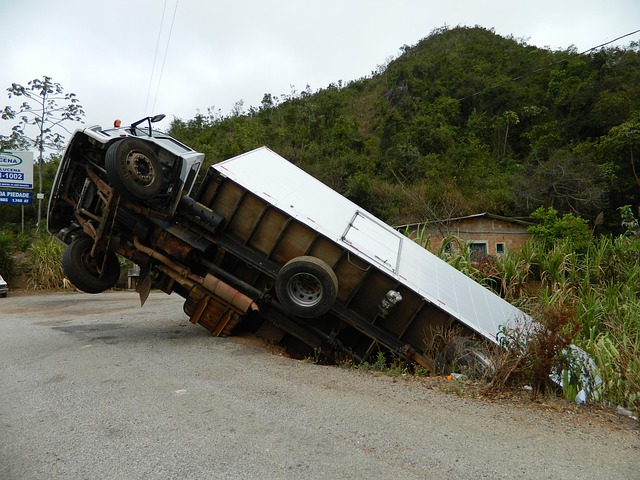Commercial SR22 insurance plans are vital risk management tools for smaller airlines and aircraft operators, addressing unique challenges posed by Safety Regulation 22 (SR22). These tailored policies offer comprehensive coverage against liabilities, property damage, lost revenue, medical expenses, legal fees, and more, safeguarding both operators and insurers from significant financial losses. By implementing strategic adjustments like optimized scheduling, proactive maintenance, and fleet diversification, combined with routine inspections recommended by insurance providers, aviation businesses can enhance operational stability and minimize downtime for SR22s. Commercial SR22 insurance plans also support long-term financial health through risk mitigation, prudent budgeting, forecasting, cash flow monitoring, and strategic fleet modernization investments, ensuring resilience in a competitive aviation market.
In the dynamic aviation industry, understanding and managing SR22 (Second-to-Last Minute Cancellations or Reschedulings) is paramount for maintaining operational and financial stability. This article explores comprehensive strategies to mitigate SR22’s impact on airlines. We delve into the intricacies of commercial SR22 insurance plans as a risk management tool, while offering practical operational strategies and innovative financial techniques to foster sustainable aviation businesses in an ever-changing landscape.
Understanding SR22 and Its Implications for Airlines

The commercial SR22 insurance plans are designed to address the unique risks faced by smaller regional airlines and aircraft operators. SR22, standing for Security Regulation 22, outlines essential safety standards and financial responsibility requirements for aviation operations. For airlines, understanding these regulations is crucial as they significantly impact operational procedures and financial stability.
These commercial insurance plans play a vital role in mitigating potential losses and ensuring airlines comply with SR22 mandates. They cover various aspects, including liability for personal injuries or property damage caused by aircraft accidents, as well as compensation for lost revenue due to unforeseen circumstances. By having robust SR22-compliant insurance, airlines can navigate the complex regulatory environment, maintain their operational integrity, and safeguard their financial future in an increasingly competitive aviation market.
The Role of Commercial SR22 Insurance Plans in Risk Mitigation

Commercial SR22 insurance plans play a pivotal role in mitigating risks associated with high-performance aircraft like the SR22. These specialized policies are designed to protect both aviation operators and insurers from potential financial losses stemming from accidents or incidents involving such aircraft. By offering comprehensive coverage, commercial SR22 insurance plans help ensure that operational continuity is maintained, minimizing downtime and its associated costs.
These insurance plans typically cover liability, property damage, and medical expenses arising from accidents, as well as providing compensation for lost revenue due to flight cancellations or delays. They also offer protection against legal fees and other related expenses, safeguarding aviation businesses from the significant financial implications of a SR22-related incident. With the right commercial SR22 insurance plan in place, operators can focus on delivering safe and efficient flights while knowing their business is protected against potential risks.
Operational Strategies to Enhance Stability and Reduce SR22 Impact

To reduce the impact of SR22 (a specific type of aircraft) on operational and financial stability, aviation businesses can implement strategic adjustments. Commercial SR22 insurance plans play a crucial role in this process by offering tailored coverage options that cater to the unique risks associated with these aircraft. One key operational strategy is to optimize flight scheduling and maintenance routines. By carefully planning flights, airlines can minimize SR22-related downtime caused by maintenance requirements, ensuring consistent service delivery.
Regular and proactive aircraft maintenance checks are essential. Commercial SR22 insurance providers often recommend routine inspections to identify potential issues early on. This reduces the likelihood of unexpected failures, which can disrupt operations and incur substantial costs. Additionally, diversifying the fleet by incorporating alternative aircraft types can help spread risk, enhancing overall operational stability even if SR22s experience unforeseen challenges.
Financial Management Techniques for Sustainable Aviation Businesses

In the aviation industry, particularly for businesses operating small regional aircraft like the SR22, financial management is a key pillar of stability and sustainability. Implementing robust financial techniques ensures that operations remain viable and resilient in an increasingly competitive market. One effective strategy involves tailored commercial SR22 insurance plans. These plans offer comprehensive coverage, including liability, property, and flight-related risks, providing a safety net against unforeseen events that could disrupt service or incur significant costs.
By carefully selecting and managing these insurance policies, aviation businesses can optimize their financial health. This includes understanding and mitigating risk, setting prudent budgets, and forecasting future expenses accurately. Efficient financial management also involves regular cash flow monitoring, cost-benefit analyses for maintenance and upgrades, and strategic investment in fleet modernization. These practices not only safeguard against financial instability but also position the business for long-term success within the dynamic aviation sector.
In conclusion, addressing the challenges posed by SR22 (Second-to-Last Minute Cancellations and No-Shows) is vital for airlines’ operational and financial stability. By understanding the implications of SR22, leveraging tailored commercial SR22 insurance plans for risk mitigation, implementing effective operational strategies, and adopting robust financial management techniques, aviation businesses can navigate this complex issue successfully. These comprehensive approaches ensure a more sustainable future for the industry.
